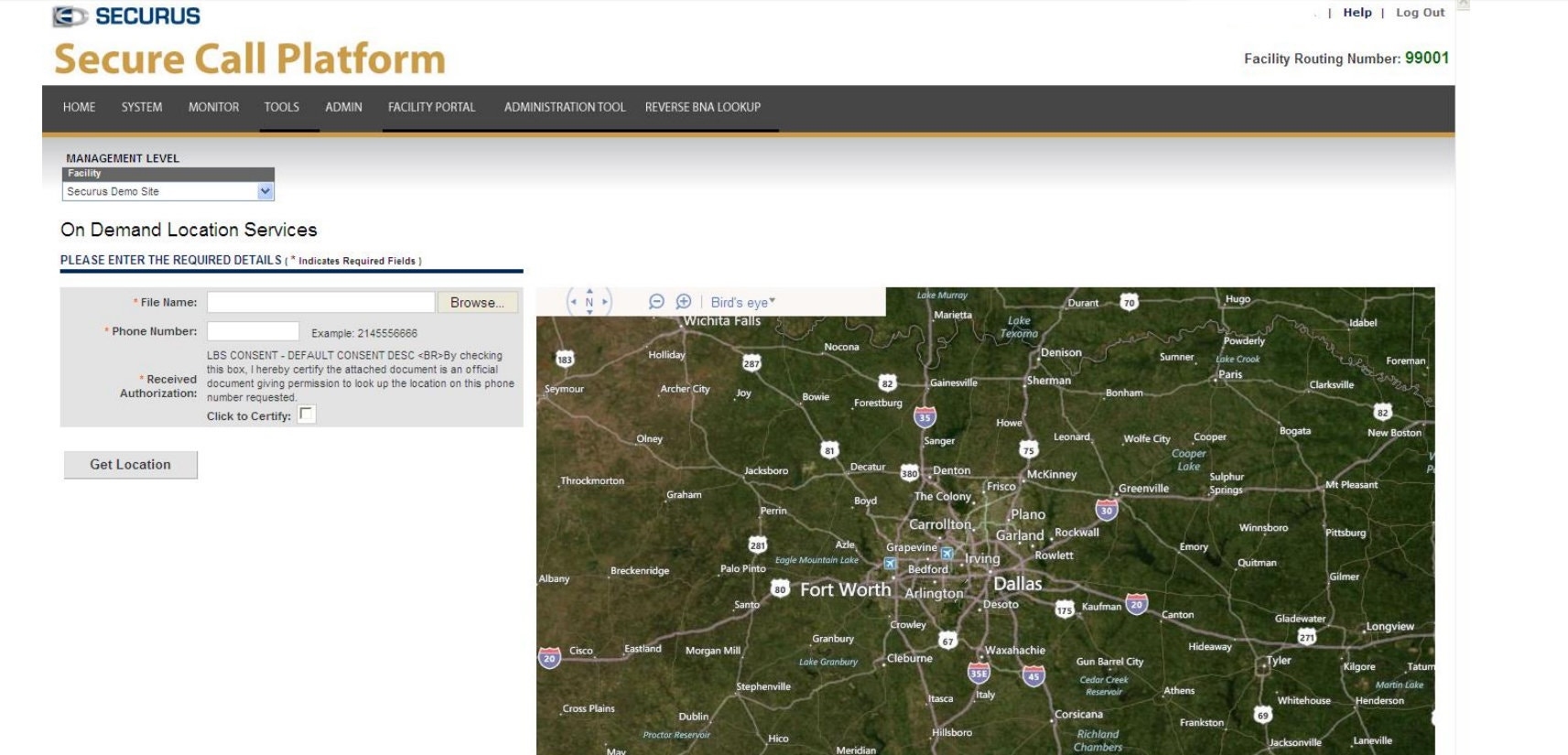FCC Should ‘Stamp Out’ Sale Of Location Data, Watchdogs Say
FCC Should ‘Stamp Out’ Sale Of Location Data, Watchdogs Say

Watchdogs are calling on the Federal Communications Commission to prohibit wireless carriers from disclosing their customers’ locations without consent.
“Continuing to allow access to real-time location data of cell phones is a safety concern that the Commission must take seriously,” the Center on Privacy & Technology at Georgetown Law, New America’s Open Technology Institute, and Free Press write in an “informal complaint” sent to the FCC Friday.
“The sharing of real-time location data of potentially all wireless customers served by the carriers raises significant concerns about public safety,” the groups write. “The Commission should not condone this behavior, and must stamp it out where it can.”
The organizations say the sale of real-time location data violates the Communications Act, which prohibits carriers from disclosing private data — including location information — unless consumers have consented, or pursuant to a lawful order.
“The carriers have broadly disclosed their customers’ location information in direct violation of these obligations,” the groups write.
They add that the carriers appear to have either violated their privacy policies, or failed to include key information in their privacy policies — namely that they sold location data to outside parties.
Free Press and the others are asking the FCC to investigate the carriers, enjoin them from disclosing geolocation information, and impose fines.
The complaint was spurred by several reports accusing carriers of disclosing information about their customers’ precise whereabouts.
In January, the publication Motherboard reported that some of the largest carriers are selling customers’ location data to third parties. Motherboard’s article detailed how a reporter paid a “bounty hunter” $300 to track a phone’s location to a neighborhood in Queens, New York.
The carrier for that phone was T-Mobile, which shared the location data with the aggregator Zumigo, which in turn shared the data with Microbilt. Microbilt then shared the information with a bounty hunter, who shared it with a bail industry source, according to the article.
That report came around seven months after it emerged that an aggregator was selling location data to law enforcement authorities who lacked warrants.
In the complaint filed Friday, the advocates also note that scammers have duped carriers into providing real-time location data by creating email accounts that appear to belong to the police.
The FCC’s two Democratic commissioners, Jessica Rosenworcel and Geoffrey Starks, have pushed the agency to crack down on the carriers’ location data practices.
“Our location information isn’t supposed to be used without our knowledge and consent,” Starks wrote in a recent op-ed in The New York Times. “The F.C.C. must use its authority to protect consumers and promote public safety, and act swiftly and decisively to stop illegal and dangerous pay-to-track practices once and for all.”
(38)


